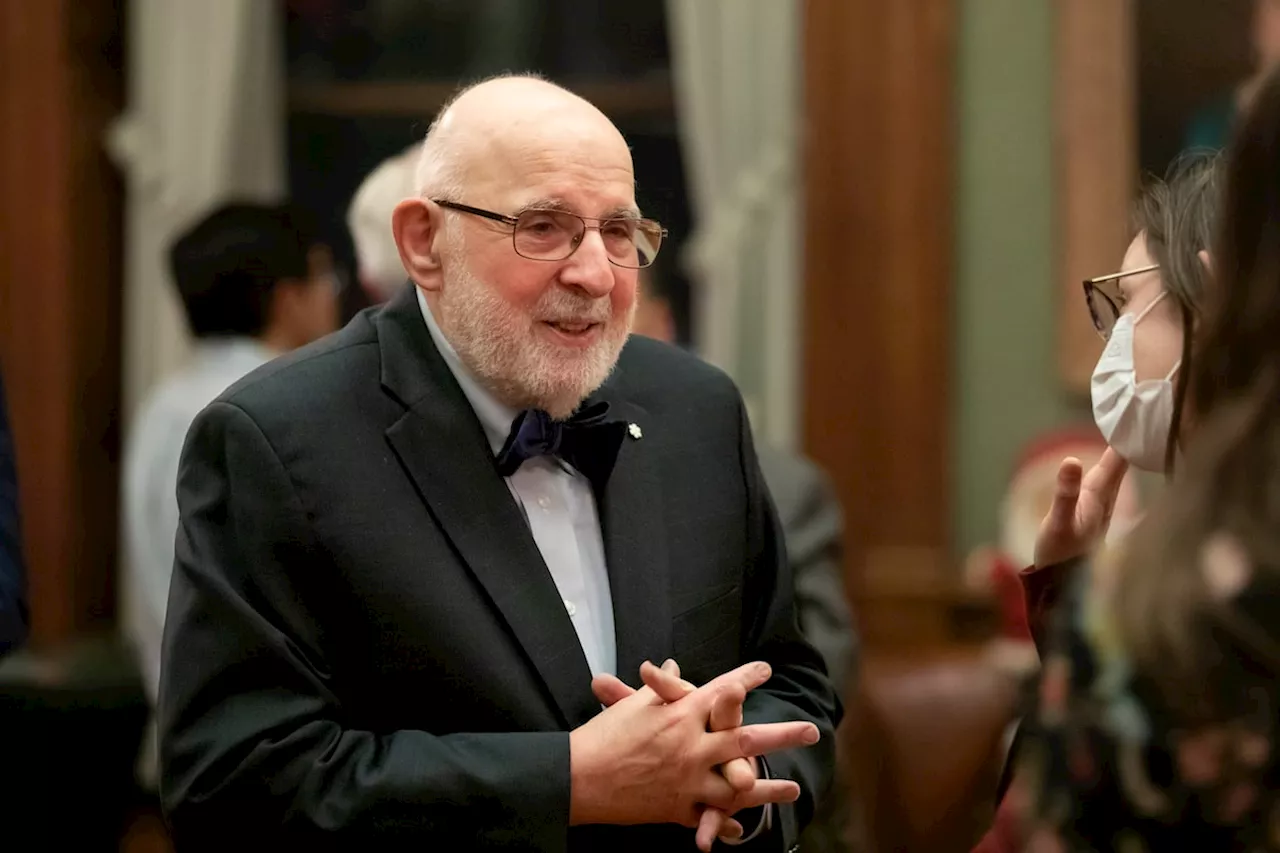McGill team attempting to tap into missionary writings to full gaps in African data
A team led by McGill University researchers came up with a method they hope could improve climate models over Africa by combining them with 19th century missionary records, refashioning dubious documents in a bid to better inform projections of global warming’s impact.
To fill that data gap, lead author Philip Gooding turned to a perhaps unlikely source – writings of 19th century Christian missionaries in Tanzania. Climate model uncertainty is one example of how decision-makers in Africa are left to predict and prepare for extreme weather with fewer resources than their counterparts in other parts of the world.
To plan climate-resilient communities, whether that’s around drought-resistant agriculture or flood-resilient roads, “we have to be informed by climate information.” In some cases, missionary reports may have also been exaggerated to provoke emotional responses from readers back in Europe who funded the missions. In others, reports may have minimized harsh conditions in a bid to establish the mission’s feasibility.
Canada Latest News, Canada Headlines
Similar News:You can also read news stories similar to this one that we have collected from other news sources.
 How to improve climate predictions? McGill researchers turn to 19th century lettersA team led by McGill University researchers came up with a method they hope could improve climate models over Africa by combining them with 19th century missionary records, refashioning dubious documents in a bid to better inform projections of globa
How to improve climate predictions? McGill researchers turn to 19th century lettersA team led by McGill University researchers came up with a method they hope could improve climate models over Africa by combining them with 19th century missionary records, refashioning dubious documents in a bid to better inform projections of globa
Read more »
 How to improve climate predictions? McGill researchers turn to 19th century lettersA team led by McGill University researchers came up with a method they hope could improve climate models over Africa by combining them with 19th century missionary records, refashioning dubious documents in a bid to better inform projections of globa
How to improve climate predictions? McGill researchers turn to 19th century lettersA team led by McGill University researchers came up with a method they hope could improve climate models over Africa by combining them with 19th century missionary records, refashioning dubious documents in a bid to better inform projections of globa
Read more »
 How to improve climate predictions? McGill researchers turn to 19th century lettersA team led by McGill University researchers came up with a method they hope could improve climate models over Africa by combining them with 19th century missionary records, refashioning dubious documents in a bid to better inform projections of globa
How to improve climate predictions? McGill researchers turn to 19th century lettersA team led by McGill University researchers came up with a method they hope could improve climate models over Africa by combining them with 19th century missionary records, refashioning dubious documents in a bid to better inform projections of globa
Read more »
 McGill dean of medicine taught the importance of humility and humanityIn his 2021 book The Language of Medicine, he wrote about how patients value when physicians listen to them and highlighted the significance of the words doctors use
McGill dean of medicine taught the importance of humility and humanityIn his 2021 book The Language of Medicine, he wrote about how patients value when physicians listen to them and highlighted the significance of the words doctors use
Read more »
 Researchers celebrate birth of new southern resident killer whaleThe new year has brought a mix of emotions to orca researchers, who are now celebrating the birth of a new southern resident killer whale (SRKW) calf, as well as the death of another.
Researchers celebrate birth of new southern resident killer whaleThe new year has brought a mix of emotions to orca researchers, who are now celebrating the birth of a new southern resident killer whale (SRKW) calf, as well as the death of another.
Read more »
 Famous orca mother carrying another dead calf after losing second infant: researchersA mother killer whale who pushed the body of her dead newborn for 17 days in 2018 has lost another calf, and she is again carrying the body.
Famous orca mother carrying another dead calf after losing second infant: researchersA mother killer whale who pushed the body of her dead newborn for 17 days in 2018 has lost another calf, and she is again carrying the body.
Read more »
